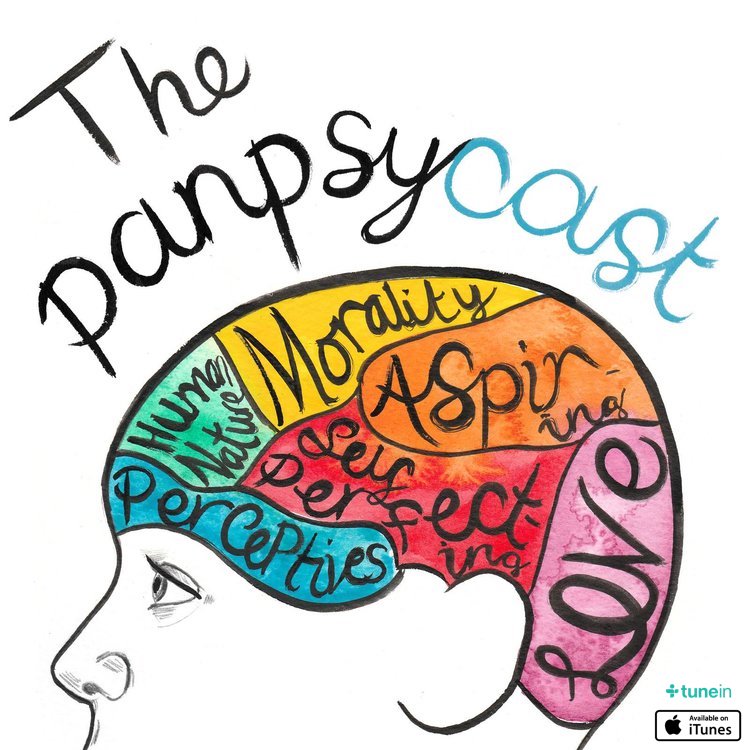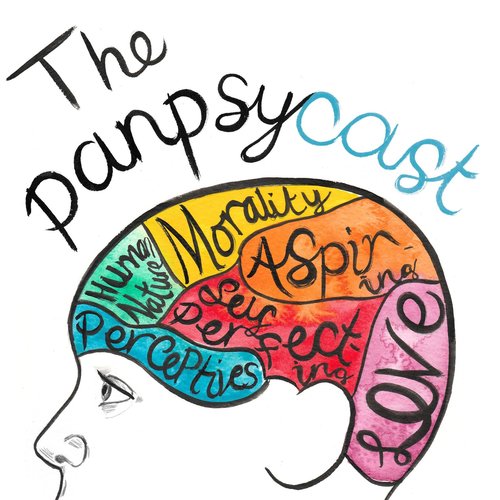Hello and welcome to Episode 24 (Part I/II) The A. C. Grayling Interview.
Philosopher and master of the New College of the Humanities professor A. C. Grayling is considered by many to be amongst the greatest and most influential philosophers of our time. Professor Grayling has published around 40 books in philosophy, history of ideas, human rights and ethics. These include the Refutation of Scepticism, The Future of Moral Values, Wittgenstein, The Meaning of Things, The God Argument and The Age of Genius. Professor Grayling is an exceptional example of someone who has lived the examined life. In this fascinating interview, we ask Professor Grayling about a broad range of philosophical topics. This is a must listen for anyone interested in philosophy.
This week in Part I, we'll be discussing the examined life and whether or not it is worth living.
Any thoughts? Please tweet us @thepanpsycast.
The file size is large, please be patient whilst the podcast buffers/downloads/shares its invaluable insights
Part I. The Examined Life (Start of Part I)
Part II. A. C. Grayling: The Philosopher (Start of Part II)




















